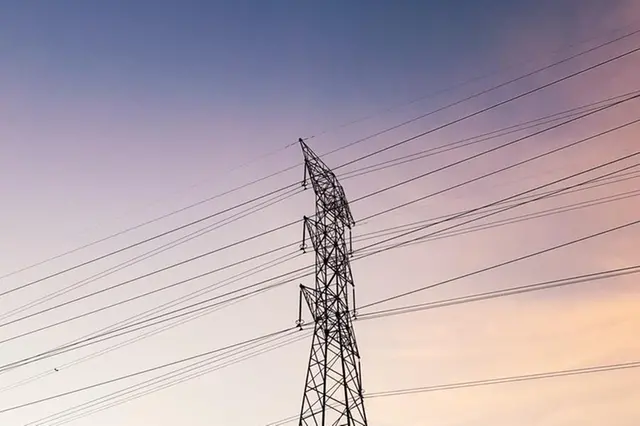Generation

Bahrain: Plan to secure $200mln loan for power plant approved

Bahrain - The Shura Council has unanimously approved urgent legislation authorising the government to secure a $200 million loan from the Islamic Development Bank (IsDB) to finance the construction of the new 400kV Al Jasra electricity station.
The loan, which will be granted to the Electricity and Water Authority (EWA), is part of a broader $465m financing plan for a major expansion of Bahrain’s national electricity transmission network.
The project is critical for meeting the kingdom’s growing power demands by 2027 and enhancing regional energy integration through the GCC electricity network.
Electricity and Water Affairs Minister Yasser Humaidan, politically responsible for the EWA, explained to Shura Council members during their weekly session yesterday that the project was essential for future-proofing Bahrain’s energy infrastructure.
“The complete project will see Al Jasra station as an addition to the four main plants, provide more substations to the 36 already existing, and add 30km of underground cables linking Ramli, Seef, and Salman Town,” he explained.
“The complete project will see Al Jasra station as an addition to the four main plants, provide more substations to the 36 already existing, and add 30km of underground cables linking Ramli, Seef, and Salman Town,” he explained.
“It will also boost Bahrain’s ability to exchange electricity with the GCC network, increasing our shared capacity from 926 MW to 1,300 MW and electricity from 220kv to 400kv in GCC exchange.
“The project will add critical redundancy and operational flexibility to Bahrain’s electricity sector, supporting sustainable urban and economic growth.”
Mr Humaidan outlined the financing structure, noting that the IsDB loan represents around 43 per cent of the total project cost, while the remaining $265m is still being sourced.
“We are actively co-ordinating with local, regional, and international partners to secure the remaining funding through development loans, budgetary allocations, and strategic financial partnerships,” he said.
The loan agreement terms are highly favourable: A 20-year repayment period including a three-year grace period, with low borrowing costs – among the best Bahrain has secured in recent years, according to Mr Humaidan.
Shura Council’s financial and economic affairs committee chairman Khalid Al Maskati praised the government’s handling of the project’s financial aspects.
“This is a crucial investment in national infrastructure and energy security. The favourable loan conditions, the strategic importance of the Al Jasra project, and its role in the kingdom’s 2030 economic vision fully justify legislative approval,” said Mr Al Maskati.
He explained that the project would not only strengthen domestic power delivery, but also enhance Bahrain’s regional energy exchange capacity through the GCC grid.
Mr Al Maskati also reassured members that Bahrain’s government commitment as guarantor was normal.
“Providing sovereign guarantees is a precautionary financial practice to boost trust among lenders, not an indication of any risk of default,” he clarified.
Other Shura Council members welcomed the legislation while seeking additional clarifications.
Member Dr Ibtisam Al Dallal emphasised the strategic relevance of the project in supporting Bahrain’s shift towards renewable energy.
“The law aims to strengthen energy security, meet rising demand driven by urban expansion and support the kingdom’s transition towards renewable energy sources,” she said.
However, she inquired about the outstanding $265m needed to fully finance the project, asking how the timeline would be impacted if full financing is not secured promptly.
Meanwhile, member Dr Ahmed Al Arrayed raised environmental concerns given the project’s proximity to residential areas.
“I thank the government for advancing such critical infrastructure. However, considering the residential nature of the Al Jasra area, what energy source will be used for electricity generation – gas or oil?” he asked.
“It is crucial to address potential pollution impacts from the outset.”
Mr Humaidan responded that natural gas would be the primary fuel source, ensuring minimal environmental impact and adherence to international emissions standards.
The loan agreement will now be formally ratified by His Majesty King Hamad following the Shura Council’s unanimous approval, clearing the way for construction to commence on one of the largest electricity infrastructure projects in Bahrain’s recent history.
Parliament approved the loan deal earlier this month.












